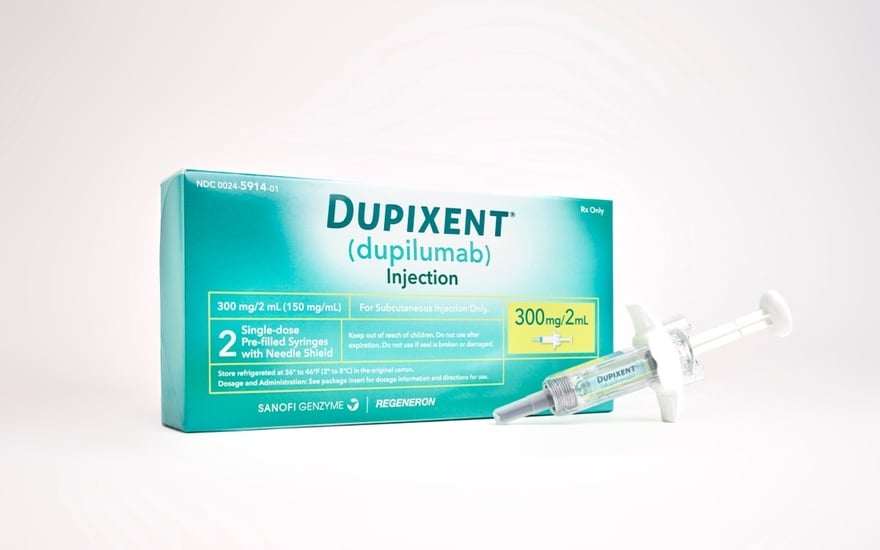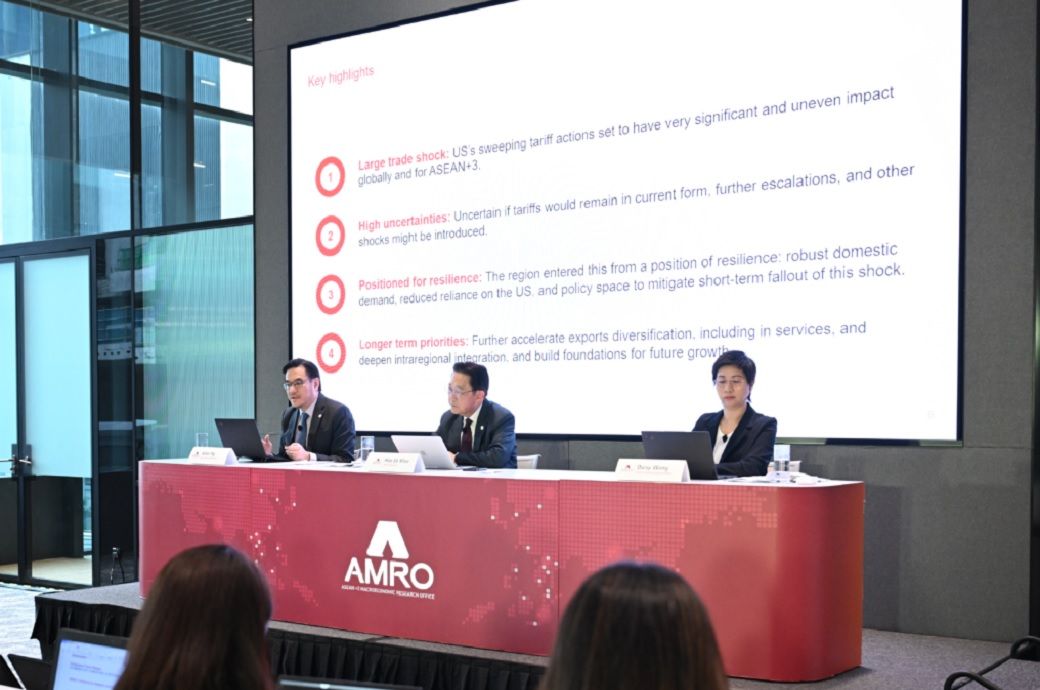Neoantigen‐Displaying Protein Nanoparticles as a Therapeutic Cancer Vaccine Against Melanoma
Advanced Healthcare Materials, Volume 14, Issue 4, February 7, 2025.

The study introduces a BP26 protein nanoparticle vaccine that displays MHC II-restricted neoantigen peptides and is designed to elicit neoantigen-specific CD4+ T cell responses. This nanovaccine activates antigen presenting cells within lymph nodes, generates antigen-specific CD4+ T cell responses, and induces immunological memory, leading to robust antitumor efficacy in a murine model of melanoma.
Abstract
Although interest in peptide-based cancer vaccines has surged in the era of personalized immunotherapy enabled by the discovery of neoantigens, the effective generation of neoantigen-specific T cell responses has been limited. Here, a Brucella BP26 protein-based nanoparticle displaying the MHC class II-restricted melanoma neoantigen, M30, is reported for use as a therapeutic cancer vaccine. Genetic engineering of 10 tandem repeats of the M30 neoepitope to a BP26 monomer results in the self-assembled, neoantigen-displaying protein nanoparticles (BP26-M30 NPs). Subcutaneous immunization of mice with BP26-M30 NPs/CpG adjuvant leads to the activation and maturation of antigen-presenting cells in draining local lymph nodes and elicits M30-specific CD4+ T cell immune responses and immunological memory. In a mouse model of aggressive B16-F10 melanoma, immunization with BP26-M30 NPs/CpG significantly inhibits the growth of established tumors. These findings suggest that the BP26-based self-assembled protein nanoparticle has the potential to be used as a cancer vaccine platform for personalized cancer immunotherapy.







































































































































































